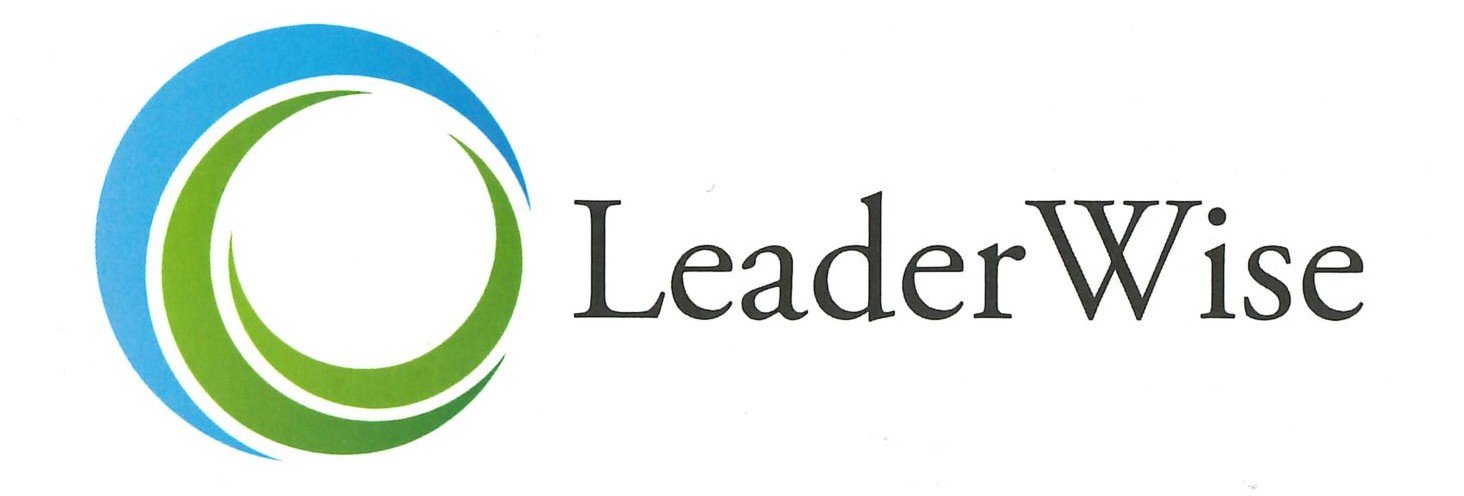A Citizen’s Guide
Vote Today; Get Proximate the Rest of the Year
by emilie boggis with LeaderWise voices
Where did you learn how to be an engaged citizen? Last month my teenager and I saw a police officer pulling over a driver as we went down the highway. She remarked, “Of all of the classes I have ever taken, I think what I learned in Civics will be the most relevant to my adult life.” How so, I wondered?
“It taught me my rights and responsibilities as a citizen,” she said, “grounded in the hard-won stories of people who fought for those rights.” (This response, of course, has been translated from Gen Z lingo.) There’s a lot in that statement. What hooked me was the word “responsibilities.” What are our responsibilities as a citizen? I could name: vote, serve on a jury, pay taxes, support the constitution, and defend our country. On the Citizenship Resource Center list, my eyes then landed on a civic responsibility that doesn’t often get mentioned: participate in your local community.
How does local participation strengthen the fabric of our democracy? It helps us make connections with people and listen to one another’s stories. More often than not, community participation means we are connecting outside of our small circles and across our differences. It reminds me of Bryan Stevenson’s maxim to get proximate. The practice, in Stevenson’s context, invites us to go outside of our comfort zones and interact with people who are marginalized. The practice can also be applied to relating across our differences.
As citizens, today—Election Day—it is our responsibility to vote. But our responsibilities don’t end there. The rest of the year we can commit to local participation, getting proximate, to building bridges. To inspire & support you, LeaderWise offers a few tools from our staff grounded in their hard-won stories.
1. Envision Possibility
Daniel Nelson offers this practice: “When listening across differences I try to envision our conversation ending with a handshake and both of us authentically saying, ‘We should talk again sometime.’ That helps me choose my approach more thoughtfully rather than giving an emotional or territorial response. This fantasized end to the conversation includes BOTH of us saying it, though. I can't say that it works all the time, but the fantasized outcome keeps me productively engaged longer than I normally would be.”
This fall Sarah Lammert wrote an editorial for her local paper in favor of an affordable housing project for their very small town. The project proved to be very divisive, opposed largely by wealthier residents and vacationers who own second homes in the area. Neighbors were putting up signs and threatening lawsuits against the volunteer board members. In response to her editorial, she received a flurry of responses, one of which was quite outraged and called Sarah names. It would have been easy to delete the email or write something nasty back. However, Sarah had recently participated in a 3Practices Circle to help her listen across differences. Sarah shared with the 3Practices group about the conflict over the local project. The group was helpful, and the co-founder, Jim Hancock, even offered to help her town with a community conversation! So, when it was time to respond to this person who called Sarah names, she decided to respond honestly: "My dad is very ill and I'm heading to visit this week, but when I get back I'd be happy to have tea." The next email from the person stunned her: "I've been through that with my own parents," it read. "Take good care." Wow, did the tone shift! While they might continue to disagree over the issue itself, they now saw each other as neighbors with a shared experience.
2. Don’t Forget Your Shared Experiences
Over the last ten years, we’ve all experienced divides with people we love and long relied upon.
Caroline Burke shares this story about a dear friend of 64 years: “I have experienced this ‘election dissension’ with a [friend]. Growing up next door to each other in my small prairie town, we experienced many firsts together: first day of school, first time on roller skates, first crushes, first cigarettes, first summer camps, and first time voting after turning 18. Although we no longer live next door to one another, our friendship has expanded into adulthood.”
(I bet you know what’s coming.) Caroline’s story shifts, “Recently, however, we have bumped up against a significant difference in our politics. At first, I was in a tailspin. How could it be that, sharing so much for so many decades, there is now a Grand Canyon–like gap in our worldview? And—most important—how will we stay connected?”
It is easy to focus all of our attention on the Grand Canyon–like gap. That’s when Caroline shares that experiences need to anchor you so that you can listen to a different perspective. She writes, “I am coping by honoring the grief process of this loss while holding fast to what solidly remains. In this grieving process, my whole being is trying to do the both-and: to recognize that we have a solid shared history and that we now have a space between us. Additionally, I trust both that the future will occasionally illuminate the canyon gap in our worldview, and it will also bring more of what we do have—a deep historic love for one another. In our history we have had many firsts, and not letting politics divide us, well, that will be another first for us too.”
Sometimes it’s easier to get proximate with strangers and find common ground, like in Sarah’s example. There’s not as much to lose. Sometimes, like Caroline, you need to begin with those you love because you have years of trust built in.
3. Create Safe(r) Containers for Listening
Susan Nienaber, who has facilitated enough high conflict situations for a lifetime, reminds us that our inability or unwillingness to listen is a key factor that sustains and deepens polarization. It tears at the fabric of our communities (let alone the larger country). In fact, Susan calls listening a lost art because there are so many barriers to the practice.
One barrier is that declining participation in neighborliness, volunteerism, faith communities and community events stops us from building connections with one another. We have forgotten how strangers become friends. As a result, we can feel anxious about showing up, being with people we don’t know (yet). When I served as a parish minister, social hour was in fact called the anxious hour, even for members of the congregation.
Anxiety is another barrier. When we’re anxious, we cannot access the other parts of the brain that allow us to hear other perspectives. We get stuck in reactionary mode. Moreover, what we’re feeling may not be anxiety. Drew Benson invites clients to know the difference between anxiety, stress, and fear. Are we feeling apprehension about the future (anxiety)? Are we feeling like our capacity doesn’t meet the demands on us (stress)? Are we feeling a discernible threat to ourselves or our loved ones (fear)? Clarity helps you identify the necessary steps to regulate your body to meet the other person.
A third barrier is the lack of safe spaces in which to have tough conversations. If you feel a discernible threat, it’s not time to have the conversation. That’s why containers are created for such conversations with ground rules and trained facilitators.
4. Lead with Curiosity
Cindy Halvorson tells this story: “Years ago my husband and I were sitting in a beautiful restaurant in downtown Minneapolis. Our conversation moved to theology and politics. While we often had a different opinion as to how to solve a “problem,” we tended to agree on both the problem and the answer. This particular time, however, we disagreed on the problem, the cause, and the solution. For a moment, some wisdom that I had learned from others crossed my mind. I paused and asked this question: ‘What leads you to come to that conclusion?’ No snarky tone. No judgment. Just curiosity. And then, to my astonishment, he shared a story with me that I had never heard, a story that had shaped his life and his worldview due to the emotional toll that experience had on him. I learned something about him that I had not known, and our relationship deepened.” When we discover differences, Cindy offers us this blessing: May curiosity encourage our future conversations.
5. Be Willing to Grow
When we get proximate with difference, there is an opportunity not only to learn about another person’s experience of the world (as jarring as that sometimes is) but also to learn more about ourselves. We gain clarity on who we are and who we are becoming.
Kari Holmes is working with LeaderWise this academic year as a practicum student for her doctoral studies. She shares, “In 2017 I began an evolution of my Christian beliefs in how I conceive of racism, sexism, and my prejudices against the LGBTQ community. As I witnessed my son’s courage in embracing his gay identity, amid a strongly conservative, evangelical family, I found my voice in becoming an advocate for marginalized individuals and groups amongst my conservative family and friends.” The interplay of Kari’s experiences in her family/community and her education have given her spaces for thoughtful introspection and encouraged growth.
Election Days are great inflection points when we remember our role in shaping this country and its democracy. Today, we vote. Tomorrow, we remember that our co-existence relies on us showing up and getting proximate. Even—and maybe especially—across our differences.

